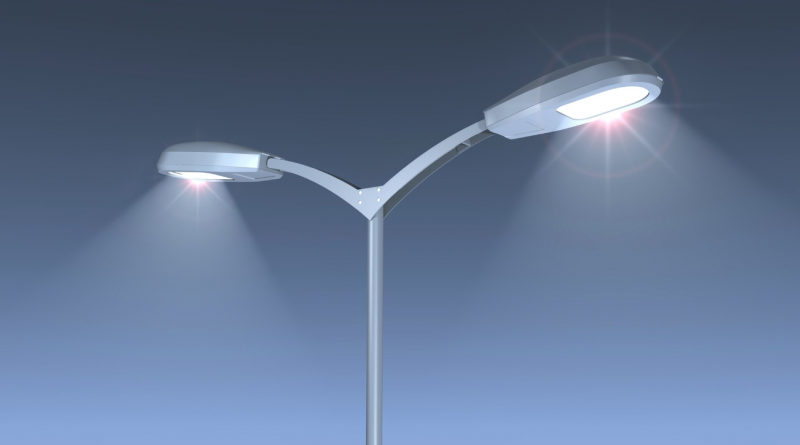Cabinet and APUA promise deployment of 700 streetlights, with another 1,000 on order, and Christmas lighting for St. John’s
With continued complaints of poor lighting on the roadways and across communities, the Cabinet is now moving to rectify this issue.
Accordingly, several managers from the Antigua Public Utilities Authority (APUA), including the Electricity and General Managers, were invited to the weekly sitting of the Executive on Wednesday, October 19.
Inquiries reportedly were made about the lighting of dark areas on the Sir George Walter Highway and Friars Hill Road; parts of St. John’s City; and several villages, including Liberta and Golden Grove.
According to the Cabinet, the dark areas in several public schools are also to be addressed.
The Electricity Manager is said to have reported that “700 lights are available for deployment; and, in some instances, APUA has arranged to have holes dug to accommodate the forms on which the lights will be erected,” this week’s Cabinet Notes say.
However, residents in certain areas note that bases for these light poles were erected years ago – and then abandoned.
Of the lights to be put in place now, APUA says that 200 are solar powered and 500 will have to be connected to the electricity supply.
The Notes claim the utility company has ordered 1,000 additional lights, which will arrive here before the end of the year, and many of these will be deployed early in the New Year.
Meanwhile, the Government is to embark on lighting the City for the Christmas season.
Reportedly, the commercial center of St. John’s will be decorated with coloured lights, which, according to reports, are being ordered now to ensure their installation in time for the festive holidays.
On another note, the Notes quote the Electricity Manager as saying that electricity rates in Antigua and Barbuda are the lowest in the Caribbean, except for Trinidad & Tobago, an oil-producing country where the cost of energy is low.
However, citizens and residents continue to contend that the electricity rates are too high. One woman says her bill averages about $600 monthly, although she has only the usual appliances – a fridge, washing machine and television set, which is hardly used, because of her work hours.




